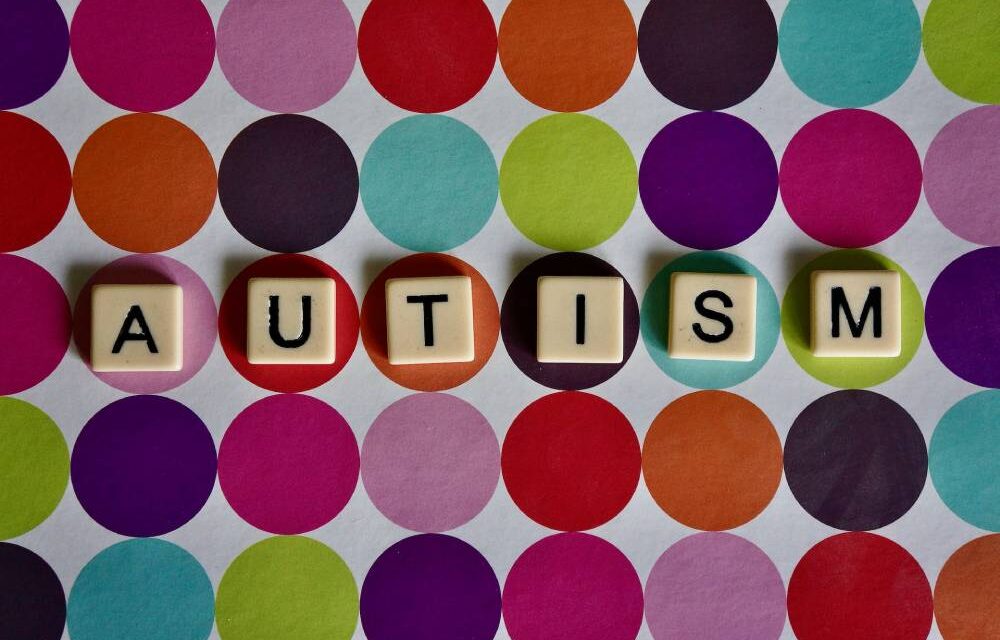April is Autism Awareness Month. This is a time to raise awareness about autism, promote acceptance, and support families affected by the condition. By coming together as a community, we can help create a better understanding of autism and ensure that those affected by the condition have access to the resources and support they need to thrive. Autism is a complex developmental disorder that affects individuals in different ways. It is characterized by difficulties with social interaction, communication, and repetitive behaviors. As awareness of autism has increased in recent years, many Latino grandparents are finding themselves in the role of raising their grandchildren with autism. This is a unique experience that differs from previous generations of Latino grandparents raising their grandchildren.
The Latino community has a strong tradition of family involvement, and grandparents often play a significant role in raising their grandchildren. In the past, grandparents were typically the primary caregivers in the family, especially if the parents were working long hours or were absent for other reasons. This meant that grandparents had a great deal of influence over their grandchildren’s upbringing and could pass on cultural values and traditions. However, with the rise of autism awareness, many grandparents are now faced with the challenge of raising grandchildren with special needs.
Autism can be a particularly challenging condition to deal with. It can be difficult for grandparents to understand the behaviors and communication issues associated with autism. Additionally, there may be cultural barriers that make it difficult for grandparents to access the services and support they need. For example, some Latino grandparents may be hesitant to seek help from professionals outside of the family, preferring to rely on traditional healing methods or home remedies..
It is important to recognize the unique challenges faced by Latino grandparents raising grandchildren with autism. These grandparents are often dealing with a range of complex issues, from cultural differences to language barriers. By providing resources and support, we can help ensure that these families have the tools they need to provide the best possible care for their grandchildren.
Children with autism often display nonphysical signs of their special needs, such as difficulty with communication, sensory issues, and social interaction. This can be challenging for parents and grandparents who may not have experience dealing with these unique behaviors. It is not uncommon for a child with autism to have a meltdown in public, and this can be misinterpreted as misbehavior. In the past, grandparents may have been able to give a look or whisper a reprimand to their grandchild, but with children with autism, this is often not an effective approach. Unfortunately, the lack of understanding of autism and the tendency to judge based on appearances can lead to people giving mean looks or making hurtful comments. This can be incredibly discouraging for parents and grandparents who are already dealing with the challenge of raising a child with autism. It is important to remember that children with autism process things differently, and they need understanding and support to thrive. By raising awareness and providing education about autism, we can help create a more compassionate and understanding community for families affected by the condition.
April is Autism Awareness Month












